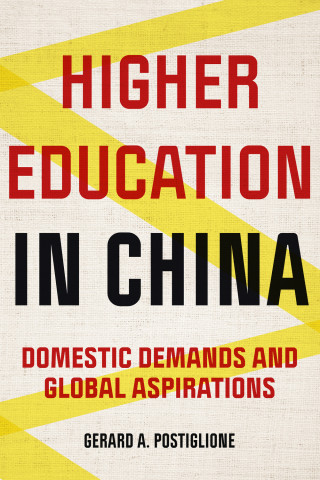
Reviews
This book is not only a worthy effort, but a prerequisite for decisions regarding the allocation of resources in higher education.
Book Details
Foreword to the 1997 Edition
Foreword
Preface
Part I: The Setting
Chapter 1. Efficiency and Accountability in Higher Education
Chapter 2. Goals: The Intended Outcomes of Higher Education
Part II
Foreword to the 1997 Edition
Foreword
Preface
Part I: The Setting
Chapter 1. Efficiency and Accountability in Higher Education
Chapter 2. Goals: The Intended Outcomes of Higher Education
Part II: Consequences for Individuals
Chapter 3. Cognitive Learning
Chapter 4. Emotional and Moral Development
Chapter 5. Practical Competence for Citizenship and Economic Productivity
Chapter 6. Practical Competence for Family Life, Consumer, Behavior, Leisure, and Health
Chapter 7. The Whole Person
Chapter 8. Similarities and Differences Among Institutions
Part III: Consequences for Society
Chapter 9. Societal Outcomes from Education
Chapter 10. Societal Outcomes from Research and Public Service
Chapter 11. Progress Toward Human Equality
Chapter 12. Economic Returns on Investments in Higher Education
Chapter 13. Views of Social Critics
Part IV: Conclusions
Chapter 14. Is Higher Education Worth the Cost?
Chapter 15. The Future of American Higher Education
References
Name Index
Subject Index



